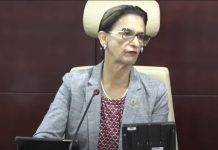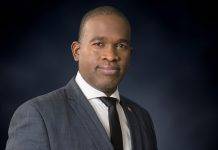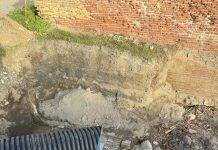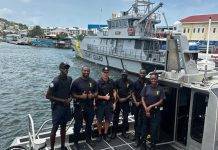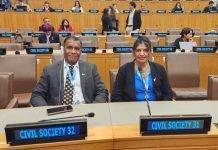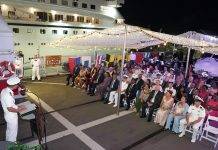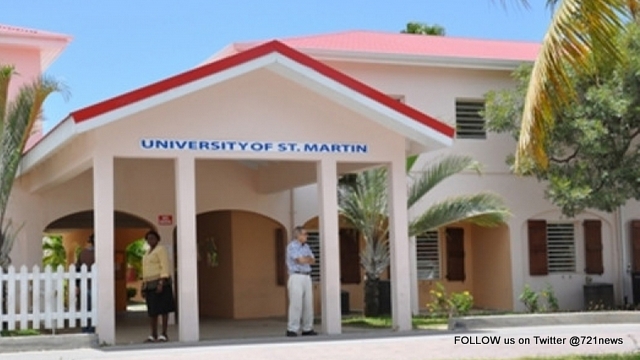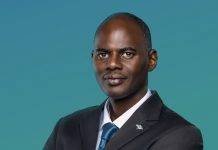Philipsburg – President of the University of St. Martin (USM) Dr. Antonio Carmona Báez insists that in order to move forward, St. Maarten must build a solid and centralised system of higher education and scientific research.
“Financing foundations, signing MOUs and providing trainings will not lead to sustainable recovery, nor will it advance the socio-economic and environmental conditions needed by the community to build a healthy society”, said Dr. Carmona Báez in written statements delivered to the press on Friday. “It is not possible for a country to develop sustainably without a state financed university.”
Last Monday, Dr. Carmona attended the annual board meeting of the Sint Maarten Hospitality and Trade Association (SHTA), whereby he was invited to sit as an honorary member in a working committee. Present at the annual meeting were Prime Minister Leona Marlin-Romeo, and the Ministry of Interior and Kingdom Relations’ Director-General for Recovery of the Windward Islands, Hans Leijtens.
“We heard about how much money the World Bank and the Dutch Kingdom plan to invest in St. Maarten, and it seems like the business community is ready. However, we need to start thinking about USM as a key stakeholder in the island’s long term development, a strong economy needs a strong, healthy and educated population,” Carmona added.
Still recovering from the effects of hurricane Irma in 2017 and the swift change of government shortly thereafter, USM is now in a process of reconstituting itself, while the administration has been asked to comment on the draft law on tertiary and higher education. The student population has been reduced to half, and faculty with graduate and doctoral degrees, all working part time, feel they are underpaid. USM administrators are reportedly committed to changing this scenario.
In meetings with officials and ministries, Dr. Carmona Báez continues to insist that the government of St. Maarten should consider structural and constant funding of the university, something that will occupy a significant percentage of the national budget. “We are asking for a guaranteed minimum percentage of the national budget on top of what the Ministry of Education, Culture, Youth and Sport Affairs already receive. This is not a lot of money if we want a centre that will provide the country with its home-grown scientists, engineers, teachers, social workers, psychologists and other professionals needed to build a robust St. Maarten.”, said Carmona Báez.
USM’s Dean of Academic Affairs Dr. Rolinda Carter, a USM alumna who returned from Canada upon completing her PhD in medical sciences at the University of British Columbia, expressed her desire to see USM as a permanent institution that can house research and innovation using our highly qualified scientists and engineers. “There are many St. Maarteners, locally and internationally, who are trained in areas that could further benefit our country; however, the necessary institutions are needed. With the continued support of government and other stakeholders, we are confident that USM will be established into a university that provides prominent research findings and technical assistance to our country.” Dr. Carter said.
The United Nations Economic Commission on Latin America and the Caribbean (ECLAC) is scheduled to visit St. Maarten next week to assist the country in the implementation of an institutional framework for mainstreaming Sustainable Development Goals (SDGs). USM’s administration is hopeful that ECLAC will endorse hosting related knowledge at the country’s main public institution of higher education and research. Dr. Carter will meet with the ECLAC delegation next week Tuesday.
Meanwhile, Dr. Carmona Báez will be spending the next couple of weeks in the Netherlands to meet with Kingdom officials and administrators of the various universities of applied sciences. “My task is to convince Dutch Kingdom authorities that continued investment into our university is critical. We also want to concretise international collaboration and guarantee accreditation for our programmes, but that is not possible without enhanced support from the government of St. Maarten”, concluded the university president.



